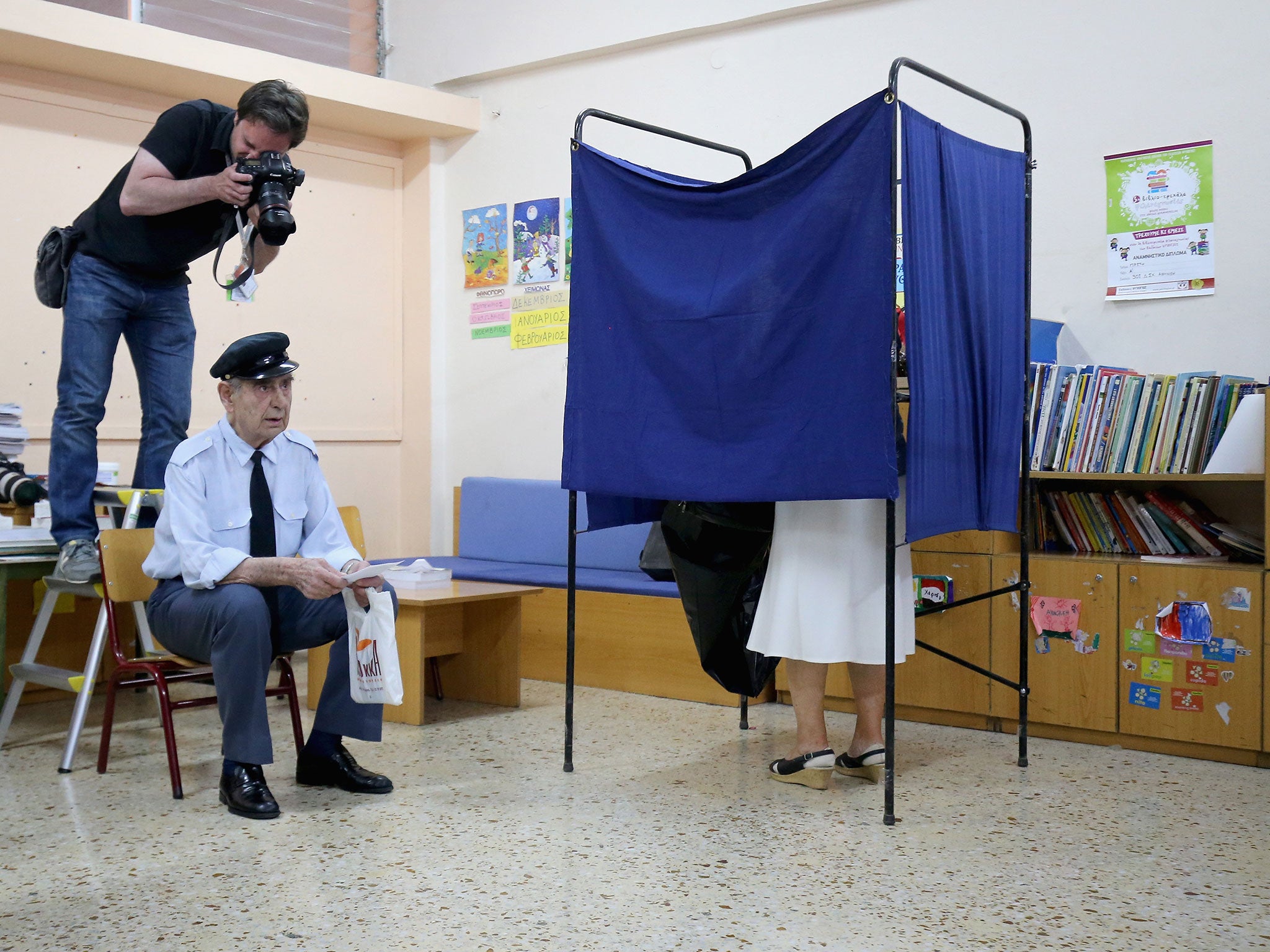After the election, no one trusts the polls. But why did we ever?
What was striking about the UK polls was the authority ascribed to them, even though they had all erred before


With five polls in the days before Sunday’s Greek referendum pointing to a photo finish, the size of the No vote was as unexpected as it was momentous. It was one more pointer to a level of polling fallibility that has caused heart-searching this year, from Israel – where even the exit polls failed to predict Benjamin Netanyahu’s decisive victory – to, of course, the UK.
Which is why the British Polling Council has commissioned a post-mortem into what went wrong on 7 May from Professor John Curtice, the one psephologist whose reputation was enhanced by the vastly more accurate exit poll he oversaw for the BBC. And why the Labour peer Lord Foulkes is promoting a Private Member’s Bill seeking independent regulation of the polling industry.
What was striking about the UK election polls was the authority ascribed to them, even though they had all erred before. They were as spectacularly wrong in 1992 as they were in 2015, and were not always pinpoint accurate in between. Yet it’s clear that Ed Miliband thought, at least until 10pm on 7 May, that he would be Prime Minister; David Cameron that he might well not be.
I sympathise, because like many journalists I was also transfixed by the polls. Take one utterly shaming example. Worcester is a classic barometer marginal, which has gone the way of the governing party since 1979. Visiting in May, I was told by the Tory candidate, Robin Walker, that in 2010, when he was first elected, his campaign team had secured 21,000 pledges of support, and 19,000 had actually voted for him. This time he had 23,000 pledges. The only error in this was that it slightly underestimated his actual 5 per cent improvement in vote share to 22,000 votes. Yet I discounted it, mesmerised by polls which were far, far less accurate.
One reason, of course, was their unanimity. No doubt the Curtice inquiry will report on many methodological issues – sampling, adjustment for social class, use of internet and phone polling, etc. A less penetrable question is whether there is “herding” by polling companies, whose main income derives from commercial contracts rather than political surveys, and which are therefore afraid of appearing to lose their competitive edge by bucking a trend. What we do know – thanks to its frankness – is that Survation decided not to publish one poll which closely mirrored the actual outcome, because it would have been an outlier.
Lord Foulkes’s regulator would have the power to ban polls immediately before voting. That’s seductive: Netanyahu’s warning that Israeli Arabs were “running” to vote was an indefensible exploitation of late polling. But whether wider regulation is justified is less clear. As Curtice observes, we don’t regulate economic forecasting just because it’s often wrong.
The real answer surely lies with the consumer. Whether media organisations should commission so many polls is above my pay grade. But until someone comes up with the perfect polling method, we should treat them less seriously and for what they are – an interesting but imperfect measure of what’s going on. And in the meantime we should set more store, in the media at least, by old-fashioned, “unscientific” means of testing the mood – including, yes, talking to voters.
Join our commenting forum
Join thought-provoking conversations, follow other Independent readers and see their replies
Comments
Bookmark popover
Removed from bookmarks